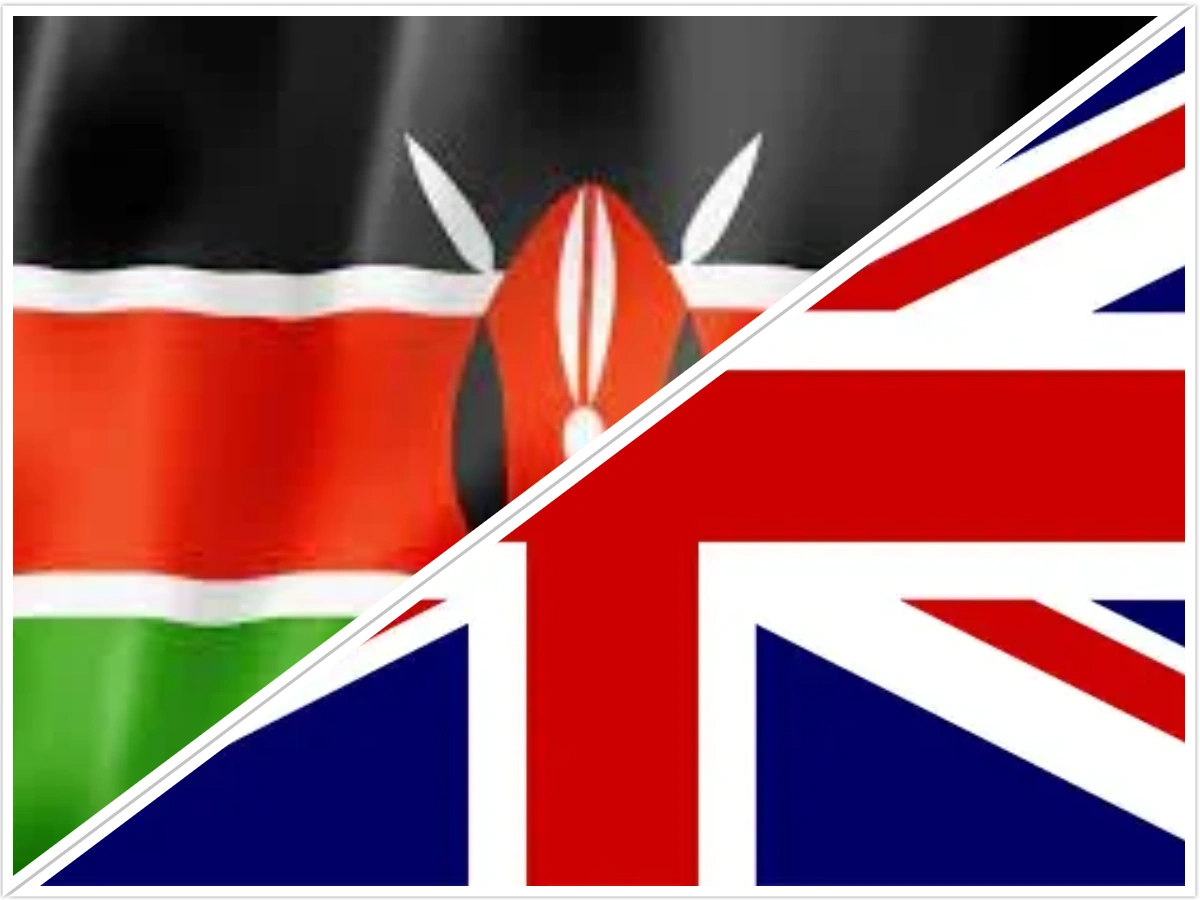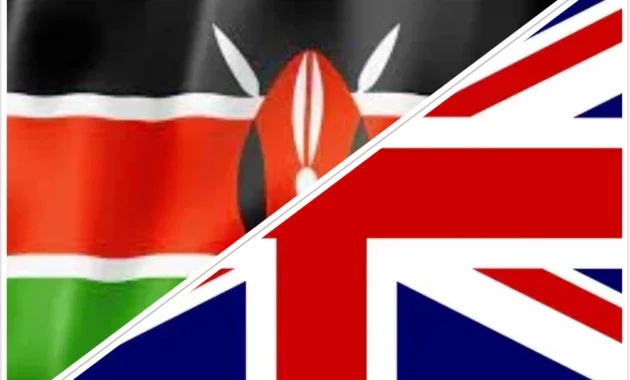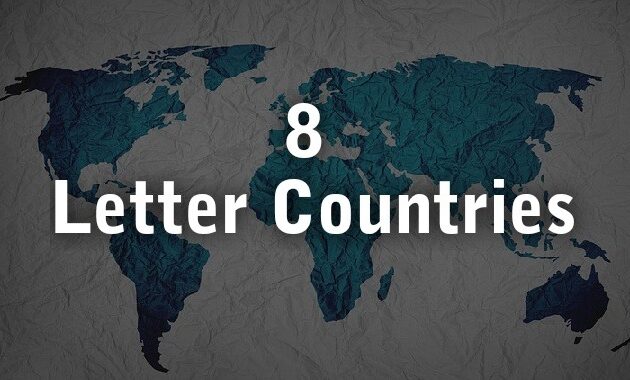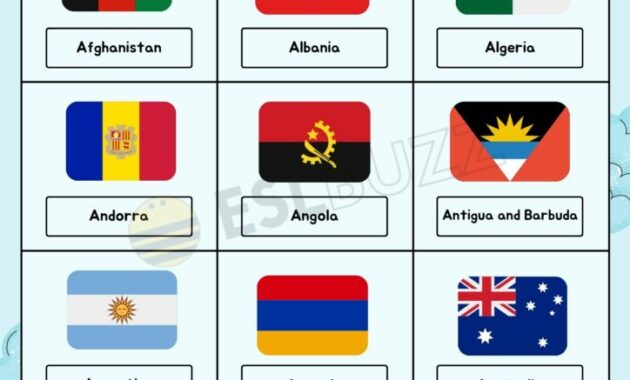Kenya, a vibrant East African nation, operates within a single time zone, East Africa Time (EAT), which is GMT+3. This simplifies timekeeping across the country, eliminating the need for regional adjustments. Understanding this time zone is crucial for international business, travel planning, and communication with individuals and organizations within Kenya.
Time Zones in Kenya
Kenya adheres to East Africa Time (EAT) year-round, meaning there are no daylight saving time adjustments. This consistency is advantageous for scheduling meetings, coordinating logistics, and managing international operations. The uniformity ensures that time-related calculations remain straightforward, reducing the potential for errors and confusion.
The absence of daylight saving time also contributes to a more stable internal clock for individuals living and working in Kenya. Without the biannual shift, daily routines are less disrupted, potentially leading to improved sleep patterns and overall well-being. This stability can translate to enhanced productivity and efficiency in the workplace.
For those conducting business with Kenyan partners or clients, it’s vital to remember the fixed GMT+3 offset. This ensures that scheduled calls, deadlines, and project milestones are accurately aligned. Utilizing time zone converters or scheduling tools that automatically account for EAT can help prevent misunderstandings and missed appointments.
Furthermore, understanding the relationship between EAT and other global time zones is essential for effective communication. For example, knowing that EAT is seven hours ahead of Eastern Standard Time (EST) in the United States allows for appropriate scheduling of virtual meetings and email exchanges. This awareness minimizes delays and maximizes the efficiency of international collaborations.
When traveling to Kenya, adjusting to EAT quickly can help mitigate jet lag and maximize the travel experience. Strategies for adapting to the new time zone include gradually shifting sleep schedules in the days leading up to the trip, staying hydrated during the flight, and exposing oneself to natural light upon arrival. These measures can help synchronize the body’s internal clock with local time, allowing for a smoother transition.
In summary, understanding that Kenya operates solely within East Africa Time (EAT) and does not observe daylight saving time is fundamental for effective international communication, travel planning, and business operations. Maintaining awareness of the GMT+3 offset and its relationship to other global time zones is crucial for ensuring accurate scheduling and minimizing time-related challenges.
Kenya

The relationship between Kenya’s time zone, EAT (GMT+3), and the United Kingdom’s time zones (GMT during standard time and BST – British Summer Time – during daylight saving time) is particularly relevant due to the historical ties and ongoing business connections between the two countries. Understanding this time difference is crucial for effective communication, scheduling, and coordination of activities.
During standard time in the UK (GMT), Kenya is three hours ahead. This means that if it is 12:00 PM in London, it is 3:00 PM in Nairobi. This difference needs to be considered when scheduling virtual meetings, coordinating project timelines, and managing international operations. Failing to account for this disparity can lead to missed appointments and delayed responses.
However, the time difference between Kenya and the UK changes during British Summer Time (BST), which typically runs from late March to late October. During BST, the UK advances its clocks by one hour, effectively becoming GMT+1. As a result, the time difference between Kenya and the UK decreases to two hours. For example, if it is 12:00 PM in London during BST, it is 2:00 PM in Nairobi.
This fluctuating time difference necessitates careful planning and awareness when interacting with individuals or organizations in the UK. It is essential to confirm whether the UK is observing standard time (GMT) or British Summer Time (BST) before scheduling meetings or setting deadlines. Using time zone converters or scheduling tools that automatically adjust for these changes can help prevent errors and ensure accurate time alignment.
The impact of this time difference extends beyond simple scheduling considerations. It also affects the availability of resources, the responsiveness of support teams, and the overall efficiency of international collaborations. For instance, if a Kenyan team requires support from a UK-based technical team, the time difference can affect the speed at which assistance can be provided.
Moreover, the cultural implications of the time difference should also be considered. Understanding that individuals in the UK may have different working hours due to the time difference can help foster empathy and promote more effective communication. Being mindful of these factors can contribute to stronger working relationships and more successful collaborations.
In the context of travel, understanding the time difference between Kenya and the UK is essential for minimizing jet lag and maximizing the travel experience. Travelers can prepare for the time change by gradually adjusting their sleep schedules in the days leading up to their trip. Additionally, staying hydrated during the flight and exposing oneself to natural light upon arrival can help synchronize the body’s internal clock with local time.
In conclusion, the relationship between Kenya’s time zone (EAT) and the UK’s time zones (GMT/BST) is a dynamic one that requires careful consideration. The fluctuating time difference necessitates proactive planning, the use of time zone management tools, and an awareness of the cultural implications. By understanding these factors, individuals and organizations can effectively manage international collaborations, optimize communication, and minimize the challenges associated with time zone differences.
Furthermore, the implications extend to industries such as finance, where real-time data and immediate responses are critical. Trading activities, financial transactions, and global market analyses require precise time synchronization to ensure accuracy and prevent discrepancies. A thorough understanding of the time difference is paramount for financial institutions operating between Kenya and the UK.
The academic sector also benefits from a clear understanding of the time difference. Collaborative research projects, online courses, and virtual conferences require meticulous scheduling to accommodate participants from both countries. Students and researchers must be aware of the time difference to effectively participate in online discussions, submit assignments on time, and attend virtual lectures.
Finally, in the realm of news and media, the timely dissemination of information is crucial. News organizations operating in both Kenya and the UK need to coordinate their reporting schedules to ensure that information is delivered accurately and promptly. The time difference affects the timing of news releases, live broadcasts, and online updates.
If you are searching about Local time in Kenya right now you’ve visit to the right page. We have 5 Images about Local time in Kenya right now like Kenya, Time Zones in Kenya and also Local time in Kenya right now. Here it is:
Local Time In Kenya Right Now

24timezones.com
Time Zones In Kenya
www.timeanddate.com
kenya zone zones tidssone
After Our Story On 'Kenya Time,' Readers Tell How Lateness Is Just Fine

www.npr.org
npr yang time james kenya world kenyan
Toyota IST Price In Kenya | Topcar Kenya

topcar.co.ke
topcar
Kenya

timedifferencecalculator.com
Kenya zone zones tidssone. Toyota ist price in kenya. Npr yang time james kenya world kenyan











